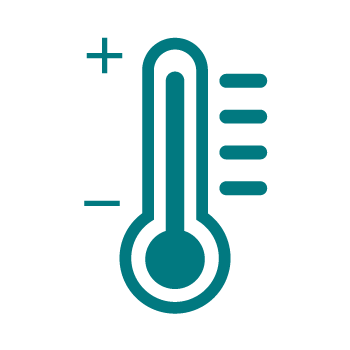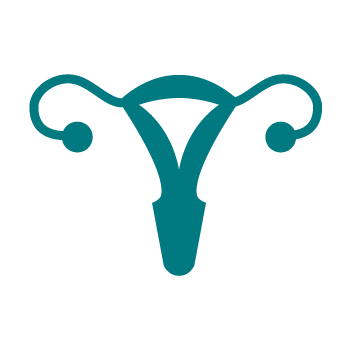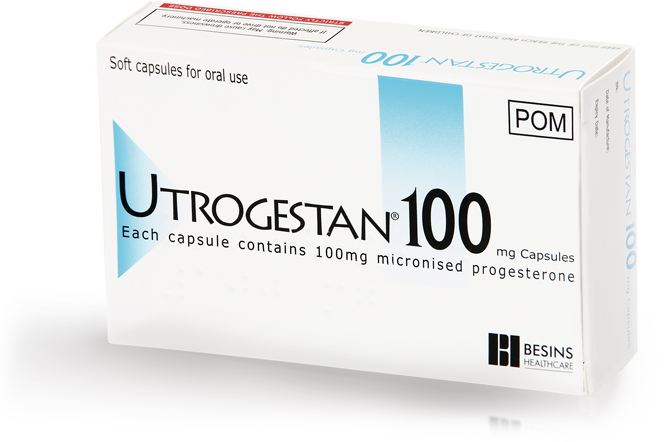

Hot flushes and night sweats
Hot flushes can make you suddenly feel warm or hot without any apparent reason. This can result in a red skin flush and a rapid heartbeat before you then suddenly feel cold. Hot flushes that happen when you are sleeping are called night sweats. These nights sweats can be intense and may cause you to wake from your sleep. The intensity and frequency of hot flushes and night sweats will vary across women. They may last from one minute to five minutes and range from mild to severe. Some women may experience multiple hot flushes in an hour or only once a week.

Sleep issues
You may experience trouble sleeping or find you are waking up during the night. This can happen for many reasons. This may be an indication that you are approaching menopause – particularly if you don’t normally experience sleep issues. Other menopausal symptoms (like night sweats) can also cause these sleep issues. If sleep problems persist, and you can’t pinpoint why, you should speak to your doctor.

Mood swings
Many women experience mood changes during menopause and can feel anxious or down. You may not recognise these changes as menopause symptoms. If you do experience mood changes and they are concerning you, you should talk to your doctor about them.

Difficulties in concentration
Forgetfulness can also be a symptom associated with the menopause. Both men and women can experience memory lapses as they enter middle age such as forgetting a word or misplacing an item. This can be linked to not only menopause but stress or other causes. If this is an issue you have noticed, talk to your doctor about it.

Changes in physical appearance
Menopause can cause many physical changes such as hair and skin becoming drier and thinner. Weight gain has also been reported by some women as well as other body changes such as more fat and less muscle around the body in general. Stiff joints or joints that hurt can also be linked to physical changes caused by menopause. You may find it a little harder to move so it is important to stay active and exercise in order to keep your strength and stay in shape.

Feeling differently about sex
The menopause can affect women differently in regards to sexual libido. Some women report having less of an interest in sex or arousal difficulties. Other women report enjoying sex more and feeling freer due to a lack of worry of pregnancy. If you are concerned about the changes you are experiencing, talk to your doctor about what can be done to help.







